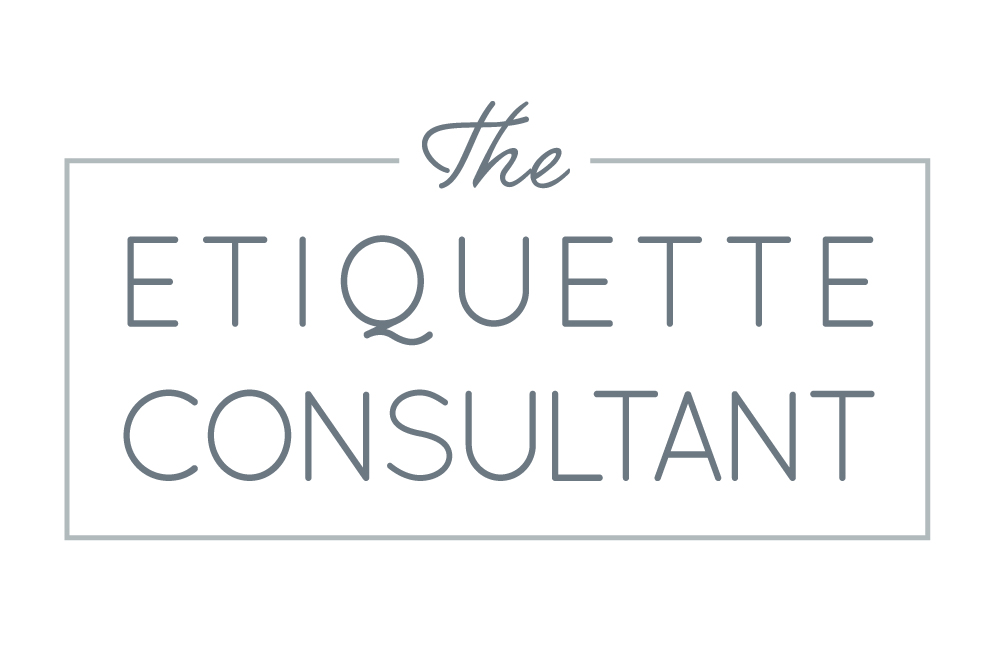I have had such an interesting week! I’ve been working on two important topics, Disability Etiquette and Online Etiquette for Medical Practitioners!
When it comes to etiquette with the disabled community, it’s hard to know what’s right or wrong and how to avoid causing offence or hurting someone’s feelings, so it’s very important to consider how someone that is disabled feels when you communicate with them or refer to them. Some disabilities are visible but there are also some that are not apparent so it’s important to remember that even although someone’s disability isn’t immediately evident, it is just as real.
Sometimes people are unsure what language or terms to use when referring to the disability community and disabled people. It can be frustrating and hurtful for disabled people to repeatedly hear offensive terminology. It’s important to know how the disabled people feel and what they consider to be unacceptable.
Here are a few of my discoveries this week about the correct terms (and behaviours) to use that are generally accepted by the majority of the disabled community.
Always speak directly to a person with a disability, not to the person who is accompanying them or the person who is pushing their wheelchair. Bear in mind that a lack of immediate response does not indicate that the person can’t or won’t respond, you may just have to be patient. Adults with disabilities are adults and they deserve to be spoken to as adults so avoid using ‘baby talk’ when speaking.
Don’t say that someone is confined to a wheelchair, instead say wheelchair user. Disabled wheelchair users do not feel confined or restricted. Wheelchairs are so empowering and allow disabled individuals freedom and independence! Avoid touching or leaning on someone’s wheelchair, this is the same as touching them and can be considered an invasion of their personal space.
Avoid using the term ‘handicapped’, the most appropriate way to refer to a person is ‘disabled’. This also applies when referring to accessibility such as parking spaces – so ‘disabled parking’ is preferred to ‘handicapped parking’.
Never say the ‘R’ word, it’s more respectful to say ‘intellectually disabled’. It’s appropriate, not harmful and not rude!
There are many great resources about disabled etiquette that are written by people with disabilities and I recommend everyone to keep up to date on the topic as you never know when you may meet someone who has a disability. We should all be able and willing to have respectful communication and interaction with people who have disabilities just as we do with anyone that we may meet. That’s good etiquette!
Another useful resource is The Definitive Guide To Disability Inclusion In The Workplace which you can read here!
Julia Esteve Boyd
The Etiquette Consultant

